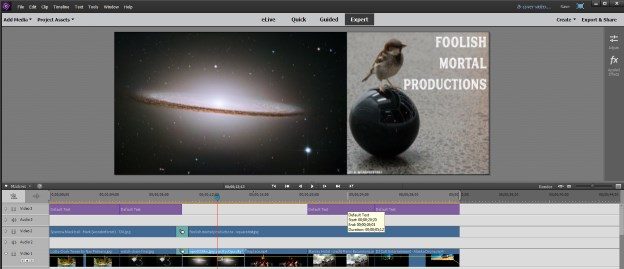The focus here is to understand when to leverage Facebook Ads vs Google Adwords for your online advertising. While both command very large audiences, and both can also command a large Cost Per Click (CPC), the way each service approaches an audience is very different.
Google Adwords
Adwords allows you to specify keywords for your searches. While you can be broad with your searches so they compete whenever those words exist within any search query, you can also specify exact matches via surrounding the keywords in double-quotations “”. This also you to hyper-target your ads to that search audience, and also allows you to get a lower CPC price. You are competing with anyone who has ads running for either those same exact matches, or loose matches that incorporate the keywords you use. If you are fishing for some long-tail advertising (maybe as research for Search Engine Optimization tweaks), Google Adwords is the way to go.
Facebook
While Facebook now offers the ability to specify a ‘category’ for your audience, the primary method of limiting the results is by specifying pages or groups that individuals may ‘Like’ or be a part of, allowing you to target a t-shirt about NPR to an audience that ‘Likes’ NPR’s fan page. Sounds fantastic, right? Sure, if you are willing to pay for it. The reason is that Facebook is driven primarily by the demographic information it makes configurable in the ads you design. When advertisers are trying to entice males into a dating site, or 18-24 year olds to play a video game, they aren’t using the ‘category’ or ‘pages/groups’ limitations, and since they are use to paying a lot of money for these highly competitive advertising areas, their bids are going to blow yours out of the water. You have to match their price just to be seen, even if you are going to be more relevant to a particular user.
I consider this a major flaw in the way Facebook prioritizes ads. It benefits their bottom line, not their audience. I actually believe that if they improved this methodology to focus on benefiting their users over advertisers, that a larger number of advertisers will come on-board to take advantage of these focused groups, spend less money overall, but the financial gains for Facebook will be made up in shear volume. Currently, I’m limited in the amount of Facebook advertising I do for these reasons.
Final Thoughts
Do you want demographics? Go to Facebook. Do you want to target very specific words or ideas? Go to Google Adwords.
